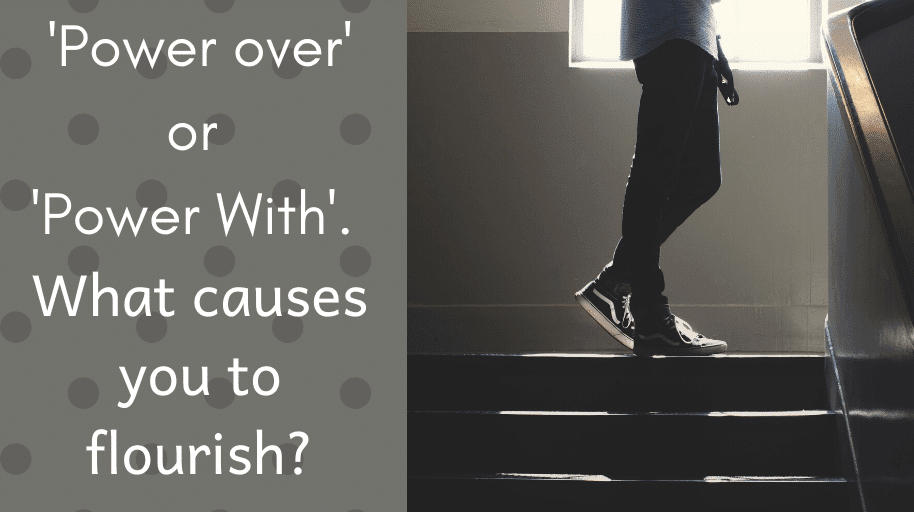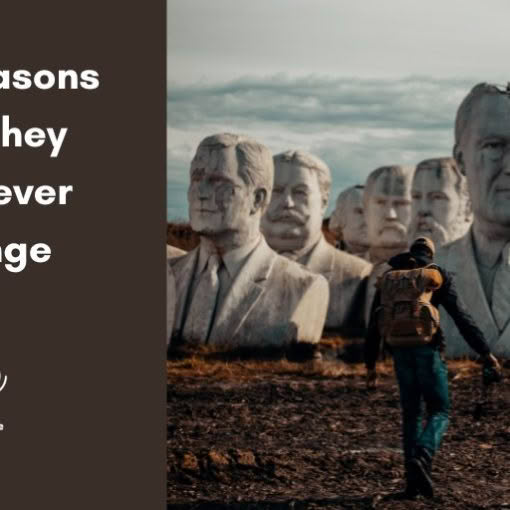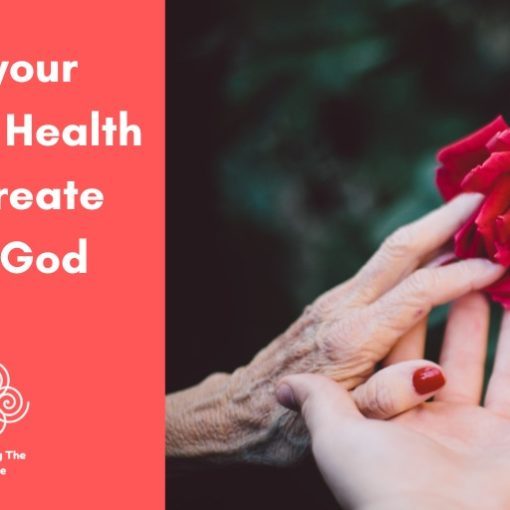‘Power over’ was normal, but ‘power with’ was what they needed. When we listen deeply, we move forward. Mental health flourishes when power is shared.
She was small in stature, and I think she also saw herself as being a little person, insignificant. She was also quiet and never really said much or offered up an opinion. When she shared some of her story, I learned how, as a young adult, she had developed schizophrenia.
In her delusional state, she had done some very destructive things to people’s property. She had been committed to living in a Mental Health hospital and lived there for many years.
In an ordered regimented world like one of those old Mental Health hospitals, you lose your power, and you can even lose your identity.
Do this, do that, and you and the world will be safe. Straight jacketed secure, but safe none the less.
But I always made it a point to seek out her opinion. Not the surface opinion but her views deeper down, under the self-belief she had that her opinion didn’t matter.
There was gold to be had under the layers of power abuses she had endured.
Power dynamics
In mental health work and much of life, we need to understand the role of power. Who has it and how it’s used. ‘Power over’ and ‘Power with.’
Power over
This form of power is top-down. Being told what to do. Bullying, domination, control, authority. You see it everywhere because it’s easy to do. There is no need for negotiation.
It’s ‘My way or the highway’; Win: lose where I win, and you lose; ‘I know what’s best for you.’
This type of power is enforced in many ways. It could be by controlling the resources we need to live: money, food, shelter, medical care. Or it could be more subtle by controlling information, approval, love.
We often only become aware of its functioning when we see it in its extreme. The bully and the battered wife.
Sometimes, particularly in Mental Healthcare, it is needed. When someone is unwell, they may not have the rational ability to make informed decisions. For their safety and the safety of others, they may have to receive compulsory enforced health care.
I well remember talking with people who were having psychotic episodes who thought they were perfectly well, yet everyone around could see that they had lost contact with reality. They were hearing and seeing things no one else experienced, and this was leading them to want to do dangerous things. There had to be an intervention for their sakes as well as society as a whole.
Power with
This is sharing the power to make a decision about what to do. It grows out of the soil of listening. There is mutual respect and support for each other. A valuing of each other’s opinions and a desire to learn more.
In a ‘power with’ relationship questions are asked
- Can we work on this together?
- Please tell me more?
- Help me understand?
- Did I understand you correctly?
- Have you any questions for me?
- Is there anything you don’t understand?
Why this matters for Mental Health
When someone becomes unwell with Mental illness, often they lose a great deal of power. People, with all the best intentions in the world, tell them what they should do.
Go to the doctor, read this book, try this herbal remedy. In looking for help, they may get all the advice but little support in working through the options.
Often there can be a disconnect with an ability to do anything about heir situation. They don’t know about the options available to them.
Many times I have sat with people who have been confused about their mental wellness. The best message I have given them is, ‘I don’t know what is going on either, but together we will find a way through.’ Then we might talk about options such as going together to see a Doctor.
Is God ‘power over’ or ‘power with’?
I believe that how you view God is how you view everything. If you think God is a distant old man in the sky reigning ‘power over’ lighting bolts down on us, then that is going to color your thinking.
For me, I believe that God is in a ‘power with’ us relationship.
We may be looking for the miracle ‘power over’ encounters of healing when all along God offers us miracle moments of ‘power with’ love and grace.
John tells it this way
The Word became flesh and blood,
and moved into the neighborhood. John 1:14
In the Greek, it says that God came and tabernacled with us. A tabernacle is a tent, so I see a holiday campsite and God coming and setting up a tent next to mine. We share some sausages, have a few beers, listen to the cricket (sport), and maybe go fishing together.
The presence of God tenting with me empowers me to express this ‘power with’ relationship with others.
The invitation of empowerment
The invite is to observe those moments where you want to quickly ‘power over’ others. Why do you want to do this?
Then to pull back and look for ways in which you can develop a ‘power with’ relationship.
It starts with listening. Asking good questions and providing information that will keep the dialogue flowing.
Empowerment of others may mean a lessening of your own self. It may mean putting the needs of others ahead of your own. It may mean taking the back seat so others can learn to drive. But hey, then you can enjoy the scenery!
Quotes to consider
- If you want to build a ship, don’t drum up people to collect wood and don’t assign them tasks and work, but rather teach them to long for the endless immensity of the sea. Antoine de Saint-Exupery
- ‘Whom do we listen to and whom do we trust? Trust is essential to listening. Why do we believe the myth that the poor people don’t know anything and can’t be trusted? Where do you really find more truth about society – at the top or the bottom? Are the best solutions conceived in the corridors of power or in the neighborhoods? Jim Wallis
- Only those willing to stand close enough to listen will ever hear those closest to the problem. Jim Wallis
- “Research teaches us that the capacity to reach out to others for help in dealing with fear and pain is the best single remedy for emotional injury. Whether the person is struggling with the effects of combat, rape, or childhood injury, the best predictor of trauma resolution is good social support.” ~ Terrence Real, I Don’t Want To Talk About It
- Friendship is born at that moment when one person says to another: ‘What! You too? I thought I was the only one. C.S. Lewis
Questions to answer
- What examples of ‘power over’ and ‘power with’ can you think of?
- Why do we use ‘power over’ as a default method in our relationships?
- What would it take for you to adopt a more ‘power with’ relationship with others?
Further reading
Barry Pearman
Image:Ryan Tauss





